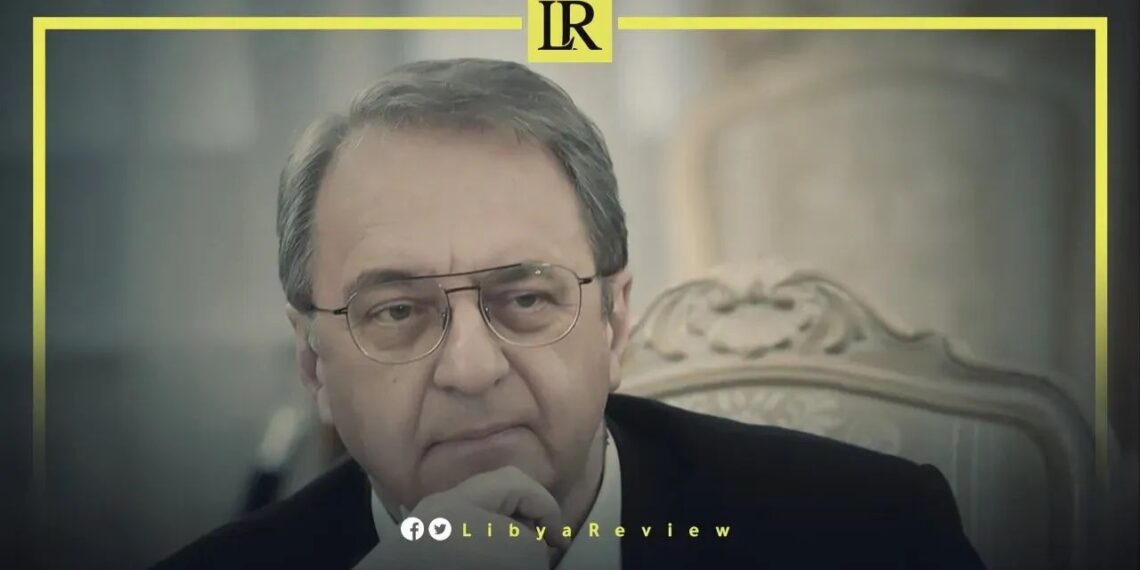On Saturday, the Russian President’s Special Envoy to the Middle East and North Africa, and Deputy Foreign Minister of the Russian Federation, Mikhail Bogdanov, voiced support for elections in Libya.
In press statements, Bogdanov highlighted elections as a cornerstone for resolving Libya’s enduring strife. He promoted Russia’s endorsement for comprehensive national presidential and parliamentary elections.
He further stressed the imperative of inclusivity, advocating for the engagement of all political entities in Libya in the electoral process. This proposition is a testament to Russia’s commitment to a political resolution that aspires to restore sovereignty and peace to Libya.
Furthermore, Bogdanov addressed allegations circulated by American media regarding Russia’s purported formation of an “African Legion.” He refuted these claims, clarifying the logistical and legal improbabilities of such a formation without explicit agreements and parliamentary ratification in both Russia and the involved African nations.
Libya’s descent into chaos traces back to the 2011 uprising that overthrew Moammar Gaddafi, subsequently spiraling the country into a state of division with two rival governments. One government is based in the East and the other in the West, each supported by international patrons and diverse militias. The battle for control, exacerbated by Libya’s oil wealth, has fueled a protracted conflict, drawing in foreign powers and mercenaries.
Libya’s economy, heavily reliant on oil, has suffered due to the ongoing conflict. The instability has led to fluctuations in oil production and prices, impacting the global oil market and Libya’s economy.
The conflict has led to a significant humanitarian crisis in Libya, with thousands of people killed, and many more displaced. Migrants and refugees using Libya as a transit point to Europe have also faced dire conditions.
The planned elections for December 2021 were delayed due to disagreements over election laws and the eligibility of certain candidates. This delay has raised concerns about the feasibility of a peaceful political transition.
Despite the ceasefire, security remains a significant concern with sporadic fighting and the presence of mercenaries and foreign fighters. The unification of the military and the removal of foreign forces are crucial challenges.


